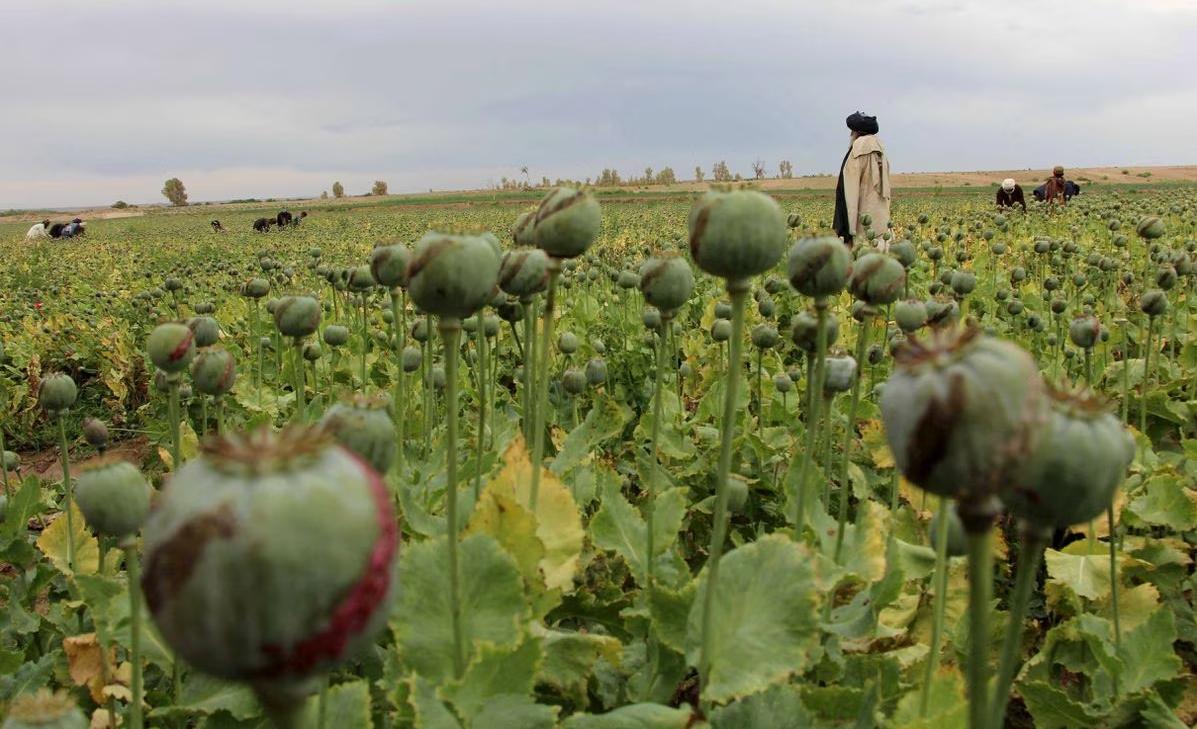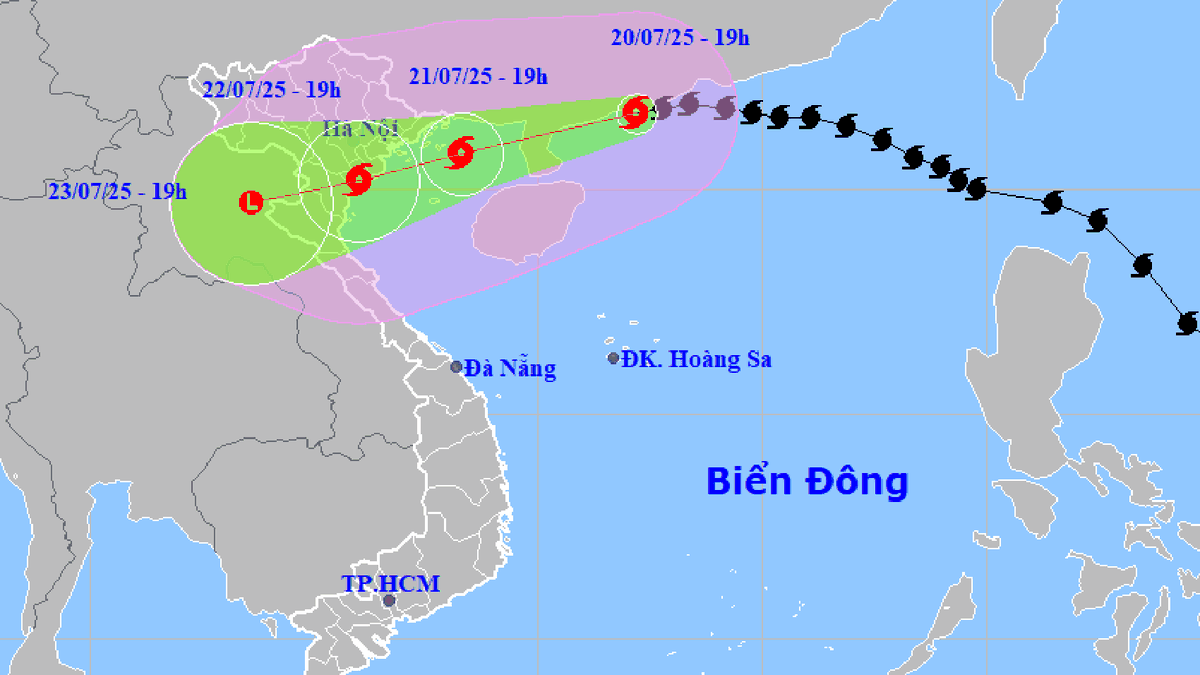The United Nations Office on Drugs and Crime (UNODC) said the area under opium cultivation fell nationwide to just 10,800 hectares in 2023 from 233,000 hectares the previous year, causing supply to fall 95% to 333 tonnes.
This has put pressure on farmers in the war-torn country, where most people depend on agriculture and the value of opium exports sometimes exceeds the value of all official exports, the UNODC said.

Photo: Reuters
The sharp decline could have major economic consequences in a country where about two-thirds of the population is in need of humanitarian aid, the report said.
“In the coming months, Afghanistan urgently needs to invest heavily in sustainable livelihoods to provide Afghan farmers with opium-free opportunities,” Ghada Waly, UNODC Executive Director, said in a statement.
“This presents a real opportunity to work towards lasting results against the illicit drug market and the damage it causes both locally and globally,” the official added.
The major drop in supply from Afghanistan – estimated to supply around 80% of the world's illicit opium – could eventually lead to a reduction in international opium use, but it also risks increasing global use of substitutes such as fentanyl or synthetic opioids, the UNODC said.
The Taliban's supreme spiritual leader banned drug cultivation in April 2022. According to experts, during their previous rule, the Taliban banned opium cultivation in 2000 as they sought international legitimacy but faced a popular backlash.
Many provinces where the Taliban has historically enjoyed high levels of support, such as southern Helmand, are heavily populated with opium poppy cultivation. The UNODC says many farmers have switched to wheat, but this earns significantly less than poppy cultivation.
Mai Van (according to Reuters)
Source





























![[Photo] National Assembly Chairman Tran Thanh Man visits Vietnamese Heroic Mother Ta Thi Tran](https://vphoto.vietnam.vn/thumb/1200x675/vietnam/resource/IMAGE/2025/7/20/765c0bd057dd44ad83ab89fe0255b783)



































































Comment (0)